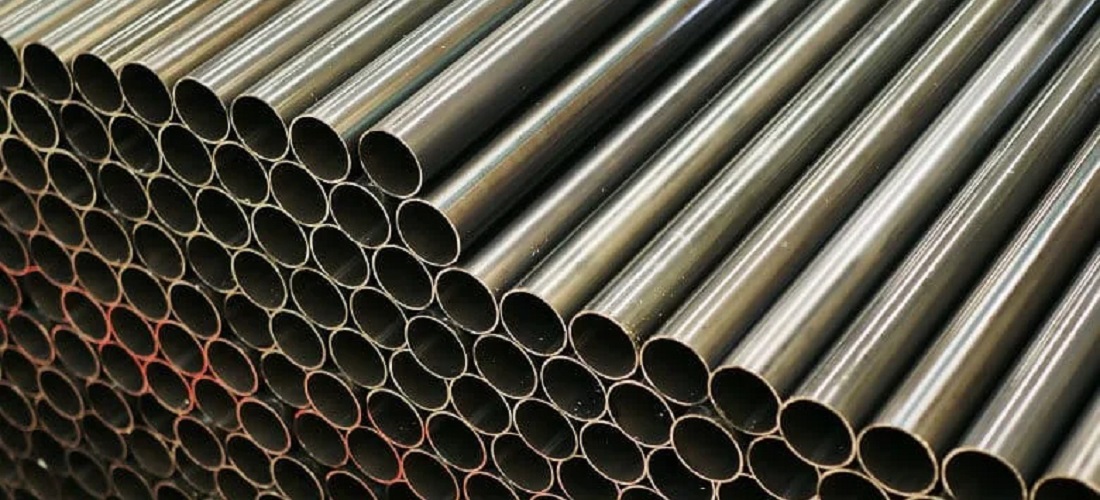
Steel imports up 37.2% in February, according to lobbyists Aço Brasil
Mar, 28, 2024 Posted by Gabriel MalheirosWeek 202412
Steel imports continued the upward trend observed since mid-last year and surged sharply in February, according to statistics from the Brazilian Steel Institute.
Last month, 446 thousand tonnes of steel products were imported, marking a 21.7% increase from January and a 37.2% rise compared to February last year.
“The influx of foreign steel products for the month surpasses the monthly average of 2023, which stood at 419 thousand tons,” the association reports. As a result, in the first two months, Brazilian steel imports reached 813 thousand tonnes, a 15.7% increase.
According to the association, domestic crude steel production grew by 1.9% in February compared to the previous month, and by 13.1% year-on-year, reaching 2.8 million tonnes.
Meanwhile, the apparent consumption of steel products decreased by 1.4% compared to the previous month but rose by 11.5% compared to February 2023, reaching 1.9 million tonnes.
Exports, on the other hand, declined by 25.2% in February compared to January, totaling 700 thousand tonnes. Year-on-year, the drop was 26.2%.
According to the Brazilian Steel Institute, the Steel Industry Confidence Index (ICIA) closed March at 44.6 points, down 0.6 points from February. “The ICIA positioned below 50 points indicates continued lack of confidence among steel industry CEOs,” it informs.
Source: Valor Econômico
Click here to read the original news text: https://valor.globo.com/empresas/noticia/2024/03/21/importacao-de-aco-cresce-372percent-em-fevereiro-aponta-aco-brasil.ghtml
-
Ports and Terminals
Sep, 30, 2024
0
Port of Fortaleza Enhances Efficiency in Wheat Unloading Process
-
Ports and Terminals
Nov, 25, 2022
0
Fertilizers keep coming at a rapid pace to the ports of Paranagua and Antonina
-
Ports and Terminals
Jan, 20, 2025
0
Port of Imbituba Sets Historical Record of 8.3 Million Tonnes in 2024
-
Ports and Terminals
Jul, 12, 2021
0
Record-breaking first 6 months for Ports of Paraná

